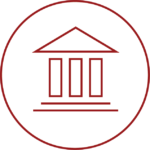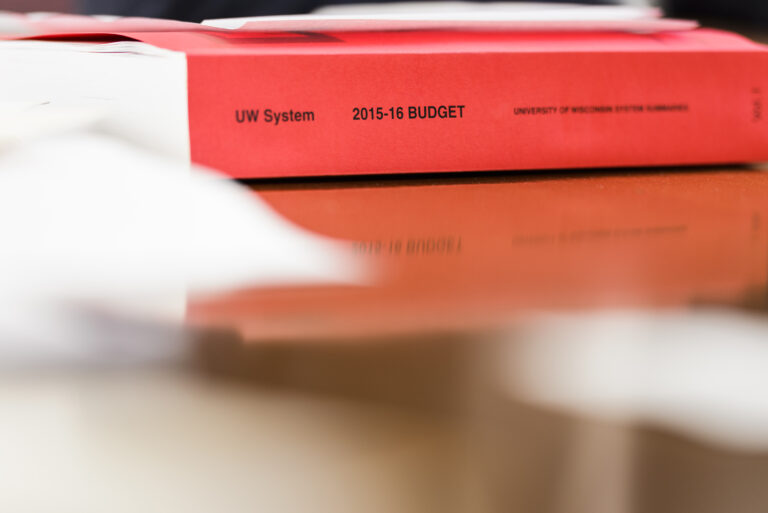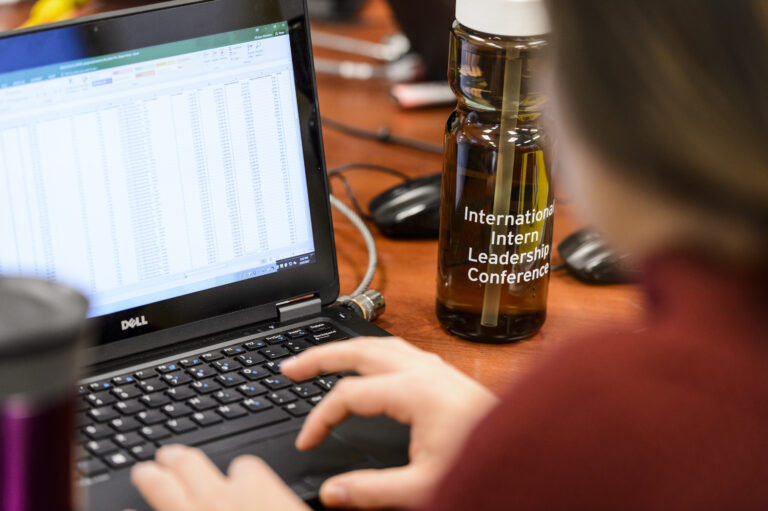To deliver efficiencies, improve our financial outlook, and create a better work environment for staff, we must rebuild finance processes and technology at all Universities of Wisconsin universities. Right now, our complex workflows and rigid systems make it difficult to meet the demands of the future.
ATP will move us forward by streamlining finance operations and creating an administration that adapts and grows as we do. Our goal is to redesign essential finance processes so we can access more accurate data for decision-making, expand our reporting capabilities, and increase the security of our financial information.
To make this possible, the Universities of Wisconsin Administration (UWSA) has selected Workday, a cloud-based enterprise resource planning (ERP) system, to replace the PeopleSoft-supported Shared Financial System (SFS). Workday’s integrated platform will unite finance functions in a single system and allow us to share information easily between different administrative units and areas, including research administration and human resources.
ATP is a people-first project. Our Finance Strategy Team has spoken with hundreds of staff members from all 13 UW universities and gathered valuable information about current systems and future needs.
Finances in Workday
What It Means for You
ATP will deliver improvements that will benefit you, your department, and the Universities of Wisconsin. These are just a few examples.
![]()
End Users – Business Support Staff
- An easier-to-use system, with clear processes and less manual entry
- A streamlined year-end process to compile information and reports
- Standardized business processes
![]()
Division and Department Leadership
- Better information for decision-making
- Clearer business process approval structures

All Faculty and Staff
- One source of truth for financial information
- Fewer ancillary systems needed for financial business processes
- HR, finance, and reporting in one system
What's Involved
Collaborations and conversations with faculty and staff at all UW universities have helped us understand the current state of our financial systems. From completing daily work to year-end reporting, almost every aspect of the way we perform finance functions will be modernized.
We have agreed that making the following foundational changes is a critical step toward unifying finance business processes and workflows.
Transitioning to Accrual Accounting
Staff across the UWs expressed a willingness to transition to accrual accounting, in which revenues are reflected as they are earned and expenses as they are incurred. Benefits include more accurate operating results and better cash-flow forecasting.


Redesigning the Chart of Accounts
Redesigning the chart of accounts (COA) with clear definitions and consistent use will resolve many of our current challenges and dependency on ancillary systems. The goal is to provide a COA that is easier for end users to understand, while giving us the ability to provide better data and reporting across the UWs.
Working in Workday
Expand the fields below to see which processes and tasks will be performed within Workday’s Financial Management (FIN) suite.
This is an accordion element with a series of buttons that open and close related content panels.
Accounts Receivable (Customers)
The accounts receivable process supports billing and revenue collection. New processes will maximize our collection of delinquent accounts receivable and minimize the administrative cost of those efforts. Specifically, we will update the way we handle invoice generation, adjustments, cancelations, write-offs, collection efforts, and payment applications.
Budget
The process supports the annual and multi-year budgeting plans for the UWs. This includes budgets and allotments, budget transfers, revenues, expenditures, reconciliation, forecasting, and reporting.
Cash Management (Banking)
Banking supports both payments made to and from the university. Banking will reduce complexity by eliminating bank accounts and leveraging Workday functionality for automatic bank reconciliation and payment application.
Expenses
The expenses process supports the reimbursement of travel and non-travel-related expenses. It applies to any miscellaneous travel expenses paid on behalf of or reimbursed to employees, students, contractors, invited guests, and other non-employees with university funds. Purchasing cards (PCards) will also be managed with Workday Expenses.
Fixed Assets (Business Assets)
The fixed assets process supports the accounting for and tracking of capital equipment and depreciation. Each institution ensures accountability for capital equipment and the accuracy of information for financial reports and indirect cost calculations.
General Ledger (FDM)
The Foundation Data Model (FDM) is the cornerstone of Workday, providing a blueprint of the key elements within the system that are used to complete processing and reporting. The FDM is used across Workday HCM, Payroll, and Financials to establish a baseline for Workday transaction processing and reporting.
Gifts and Endowments
The gifts and endowments process supports the receipt, management, and spending of donations in the form of money and gifts-in-kind. Gifts and endowments includes gifts received from UW-associated foundations as well as dollars donated to UW trust funds.
Internal Billing (Internal Service Delivery)
Workday provides internal service delivery (ISD) functionality for managing internal billing, both within and between UW universities.
Projects
The Projects workstream supports the management of capital and non-capital projects.
Consisting of UW-managed and state-managed projects, capital projects include new buildings, building improvements, larger IT projects, and fabrications. Planning for and approval of capital project initiatives will reside outside of Workday, while financial transactions will be recorded in Workday to allow for analysis and regular financial reporting. Actual transactions for UW-managed projects will be processed in Workday and recorded to the project, while transactions for state-managed capital projects will be interfaced from DOA to Workday. Transactions recorded to capital projects typically include contractor and supplier invoices.
Non-capital projects includes initiatives that are not capital in nature and typically have start and end dates, like faculty start-ups and retention packages. Transactions recorded to non-capital projects typically include supplier invoices, payroll, and expense reimbursements.
Supply Chain Management
The end-to-end supply chain management process encompasses all functions to support procurement, payment, and inventory tracking requirements. This includes supplier setup, ordering and delivery of goods and services to the right person at the right time, and timely payment of invoices. This will be accomplished in combination with the ShopUW+ JAGGAER system.
